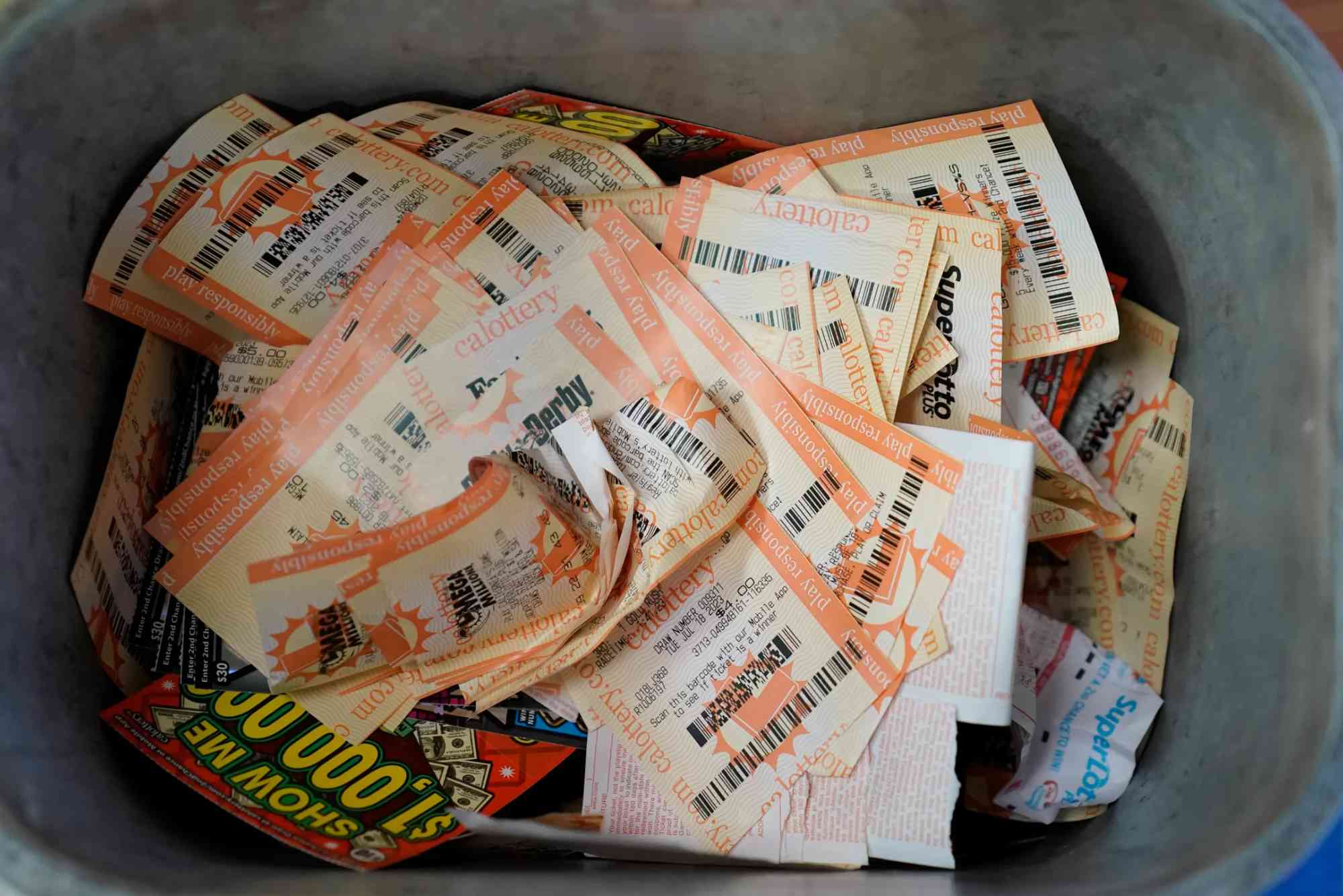Why Are Jackpots So Hard to Hit?
Few things in gambling are as thrilling as the thought of hitting a jackpot. Whether it’s the bright lights of a slot machine flashing in celebration or the enormous progressive prize pool slowly ticking higher, jackpots promise life-changing rewards. But most players eventually ask the big question—why are jackpots so hard to hit?
This article explores the core reasons behind elusive jackpot wins and how casinos design these games. We’ll dive into odds, probabilities, house edges, and essential factors like bankroll management, game selection, and legal concerns. We’ll also touch on how bonus offers, responsible gambling, and even platforms like crypto cricket betting sites fit into this dynamic.
The Mathematics Behind Jackpots
At the heart of every jackpot game lies a carefully calculated system of odds and probabilities. Casino games, particularly slot machines and progressive jackpots, are designed to return a specific percentage of wagers over time—known as Return to Player (RTP).
In most jackpot games, the RTP ranges between 85% to 98%. This means, for every $100 wagered, you might get back $85–$98 in the long run. However, the small portion withheld by the house (called the house edge) accumulates to cover the jackpot and profit.
Jackpot wins are also based on random number generators (RNGs). These RNGs make every spin, pull, or bet a completely independent event. The chance of triggering the jackpot remains incredibly low—often in the range of 1 in 5 million or worse. This statistical rarity is precisely what makes jackpots so difficult to hit.
Casino Strategies: Making Jackpots Profitable
Casinos don’t rely on luck—they rely on mathematics and human psychology. Their business model is to ensure profitability through house edges and game design. Jackpot games are no exception.
The allure of massive jackpots attracts players to machines with lower RTPs. For example, a non-jackpot slot might offer a 97% RTP, but a progressive jackpot slot might offer only 88% RTP. That 9% difference is massive over time and keeps the house profitable.
Casinos also use visual and auditory cues to enhance engagement. Bright screens, celebratory sounds, and near-miss outcomes create a sense of hope and illusion of control. These subtle reinforcements keep players chasing wins that are statistically rare.
Understanding Odds and Probabilities
One of the key reasons why jackpots are so hard to hit lies in the very design of game mechanics. Each jackpot game has built-in probabilities, and the highest payouts usually require specific outcomes:
- Hitting five specific symbols on a payline.
- Triggering a bonus round and then winning the jackpot inside it.
- Meeting certain bet conditions to even qualify.
Some progressive jackpots only pay out if you bet the maximum amount. If you’re betting less, you could technically win, but not qualify for the jackpot payout. This fine print is crucial and often overlooked.
Understanding how probabilities work helps players manage their expectations. Jackpots are not impossible to win—but they are intentionally improbable.
Bankroll Management and Jackpot Chasing
Chasing a jackpot without a clear bankroll strategy can lead to financial strain or even gambling harm. Bankroll management involves setting a fixed amount you can afford to lose and playing within those limits.
With jackpots, players may be tempted to continue until they win, but this mindset is risky. Smart bankroll practices include:
- Setting daily or weekly play limits.
- Avoiding the temptation to chase losses.
- Quitting while ahead or before losses mount.
A disciplined approach helps you enjoy the thrill without falling into compulsive behavior.
Game Selection: Not All Jackpots Are Equal
If you’re serious about jackpot play, game selection matters more than most realize. Different games have different jackpot triggers, odds, RTPs, and volatility levels.
For example:
- Fixed jackpots offer a predetermined maximum payout and tend to have better odds.
- Progressive jackpots pool money across multiple players or machines and grow until someone wins—but they usually come with much steeper odds.
Some slots even offer must-hit jackpots, which guarantee a win before a certain amount is reached. These tend to provide better chances—though smaller payouts—than the mega jackpots that promise millions.
Understanding game mechanics, volatility, and RTPs can increase your chance of selecting a jackpot slot that suits your style and risk tolerance.
Bonus Offers: Helpful or Misleading?
Many online platforms, including popular crypto cricket betting sites, advertise generous welcome bonuses, free spins, and cashback offers. These promotions often include jackpot games, giving players a chance to chase big wins without risking as much upfront.
While these bonuses can be beneficial, always read the terms:
- Wagering requirements: You may need to bet the bonus amount 30x or more before withdrawing.
- Restricted games: Some bonuses exclude jackpot titles.
- Max bet limits: There might be a cap on how much you can bet using bonus funds.
Used wisely, bonus offers can extend play and provide more opportunities—but they should never be seen as a guaranteed path to the jackpot.
Responsible Gambling and Jackpot Temptation
Jackpot games are designed to be addictive. The low probability, high reward system taps into human psychology, often leading players to believe the “next spin” might be the one.
That’s why responsible gambling is vital:
- Use tools like deposit limits, timeouts, and reality checks.
- Set realistic expectations—jackpots are entertainment, not income.
- Don’t play when emotional, angry, or under financial stress.
Responsible platforms encourage users to seek help if they feel their gambling is becoming harmful. In the world of high-risk betting, control is more valuable than any jackpot.
Legal Considerations: Where You Play Matters
Not all jurisdictions treat jackpot gaming the same way. Depending on your location, playing for jackpots may be subject to local gambling laws, tax implications, and licensing regulations.
For example:
- In some countries, gambling winnings are tax-free, while in others, jackpots must be declared as income.
- Certain territories regulate which games are permitted, especially for progressive jackpots linked across multiple platforms.
- Offshore or unlicensed platforms may not guarantee payouts—or may lack player protection.
If you’re exploring crypto cricket betting sites or other international platforms, make sure the site is fully licensed and compliant with local laws. This ensures not only fair play but also protection in case of disputes.
The Allure of Improbable Wins
So, why are jackpots so hard to hit? Because they’re designed that way. The odds are meant to favor the house while creating an illusion of attainability. Jackpots offer hope, entertainment, and excitement, but they also carry risk and low probability.
For the average player, the goal shouldn’t be to win a jackpot every time—but to enjoy the process, manage bankroll responsibly, and stay informed. Whether you’re spinning slots or placing bets on crypto cricket betting sites, understanding the structure behind these games empowers you to play smarter.
In the end, jackpots represent the rarest rewards in the gambling world. Knowing why they’re difficult to hit helps players approach them with both excitement and realism—two key ingredients to a fun and sustainable gaming experience.










